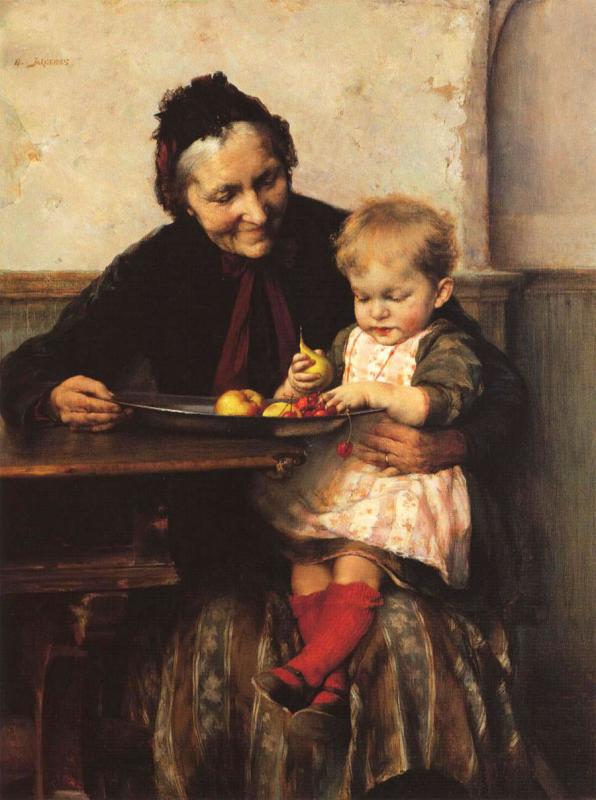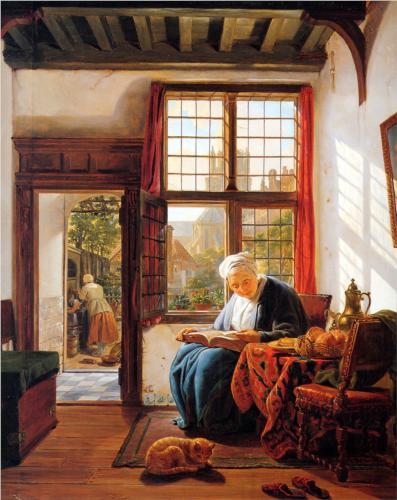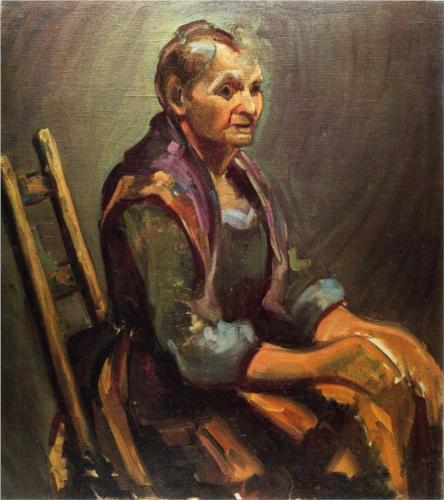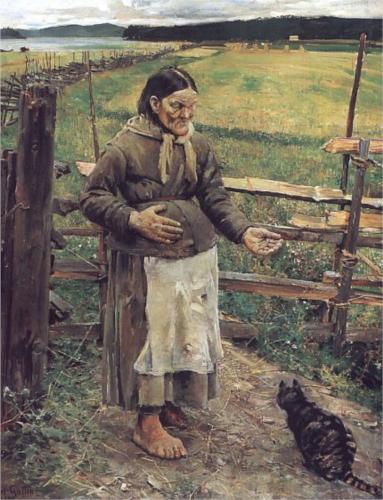Teaching
Introduction to a research proposal from a medical student: "It is our belief that patients tend to feel a closer familiarity towards their physicians when they make house-calls rather than seeing their physicians in the office. The awkwardness in the patient/doctor relationship virtually disappears when the barrier is broken and you are in the patient's surroundings. We feel patients probably feel more special and more cared for than if they were going into the office. Patients feel it is more personalized treatment and would venture to say they feel they know their physician on a more personal level than the patients going into the office...."
Starting with the right attitude, the physicians of the future can acquire the knowledge and skills to be able to care for aging baby boomers.
Trainees such as medical students, residents, and geriatric fellows have limited exposure to how the health issues faced by homebound elderly interface with obstacles to care and goals of care. Reciprocally, many of the homebound elderly have much that they would like to share with future generations of physicians and these people often derive significant benefit from the opportunity to impart how doctors should be.
Participating in teaching activities is always optional and always planned in advance. It's not for everyone. There would never be more than one trainee visiting with Dr Zeleznik and they would never be alone. This is a completely supervised experience with explicit learning goals.




